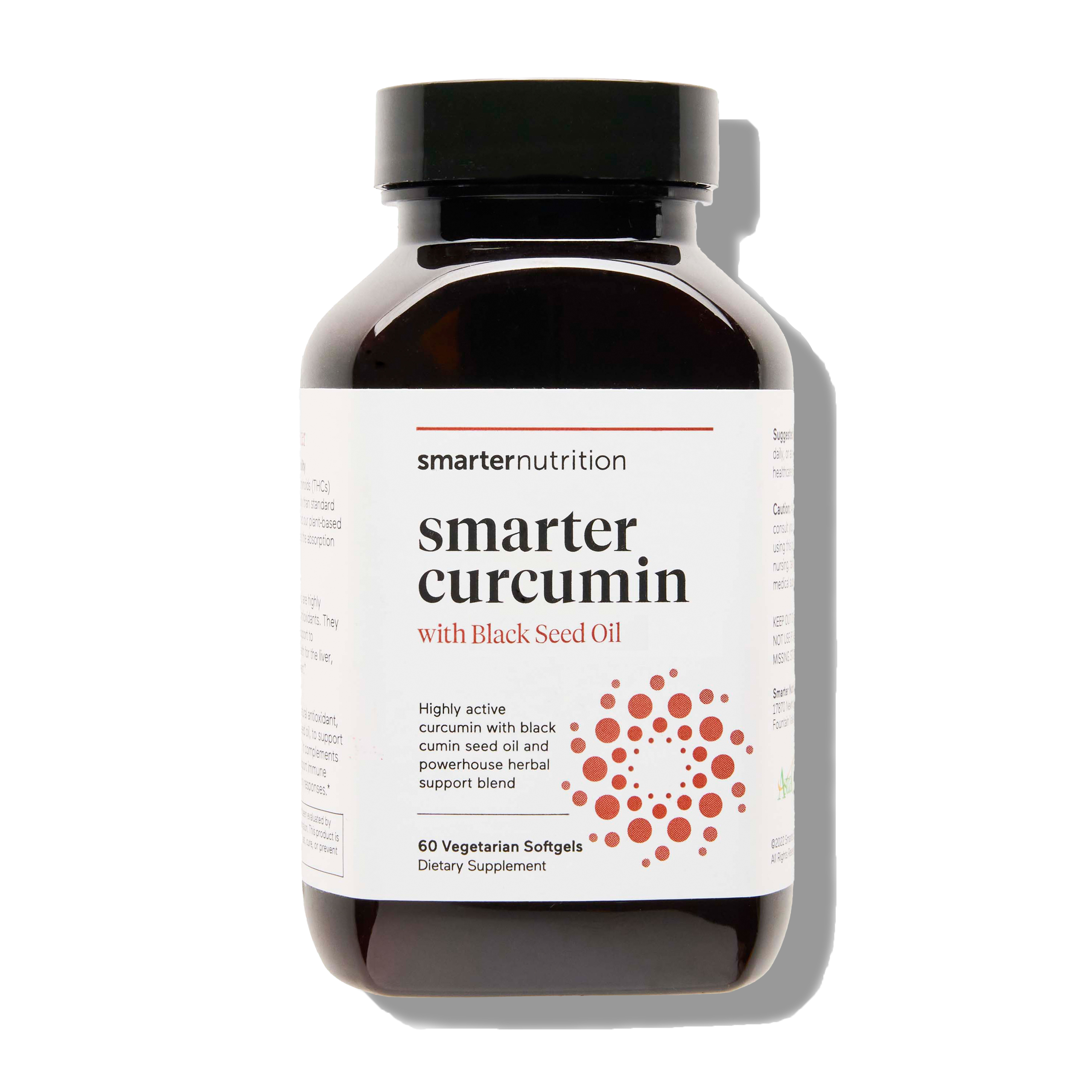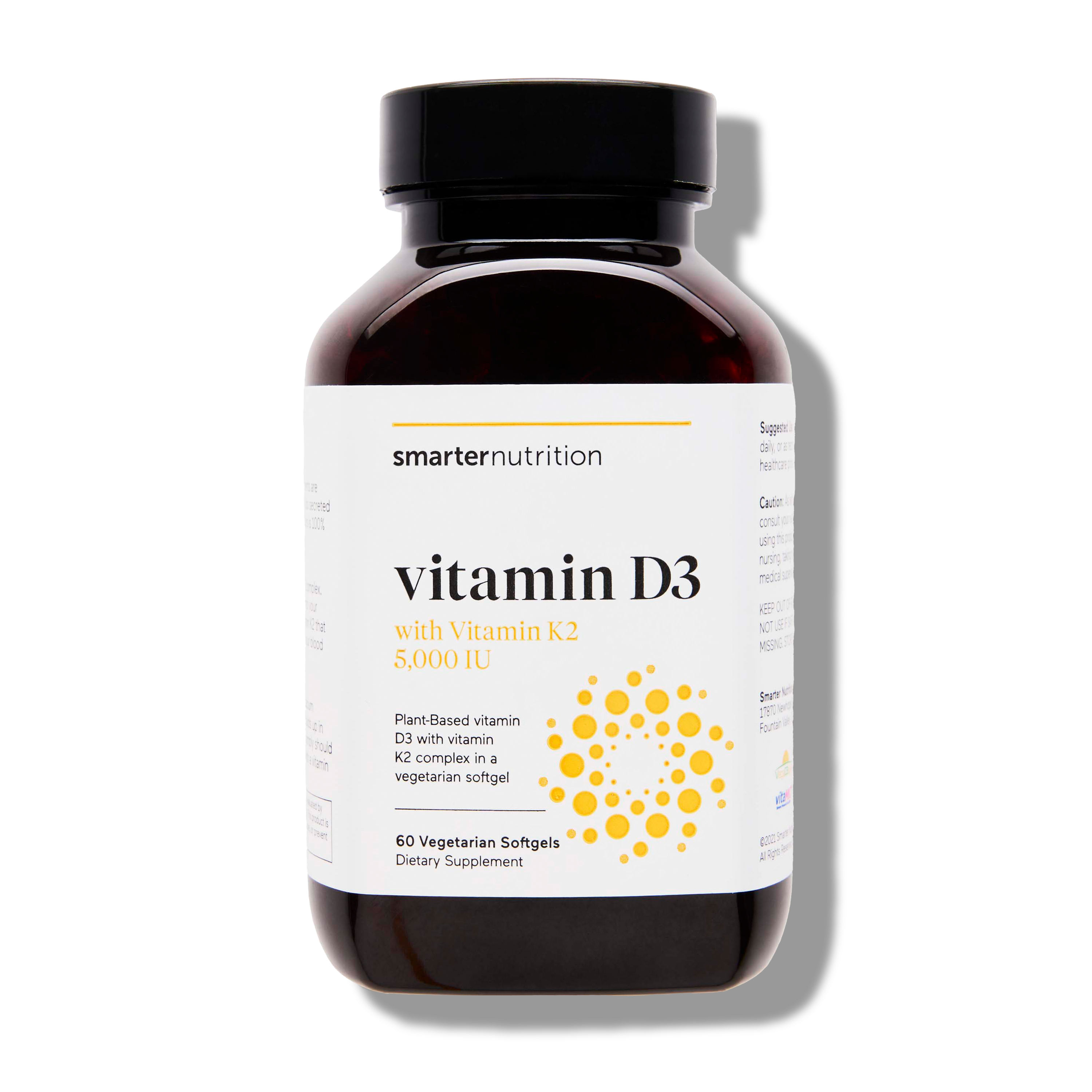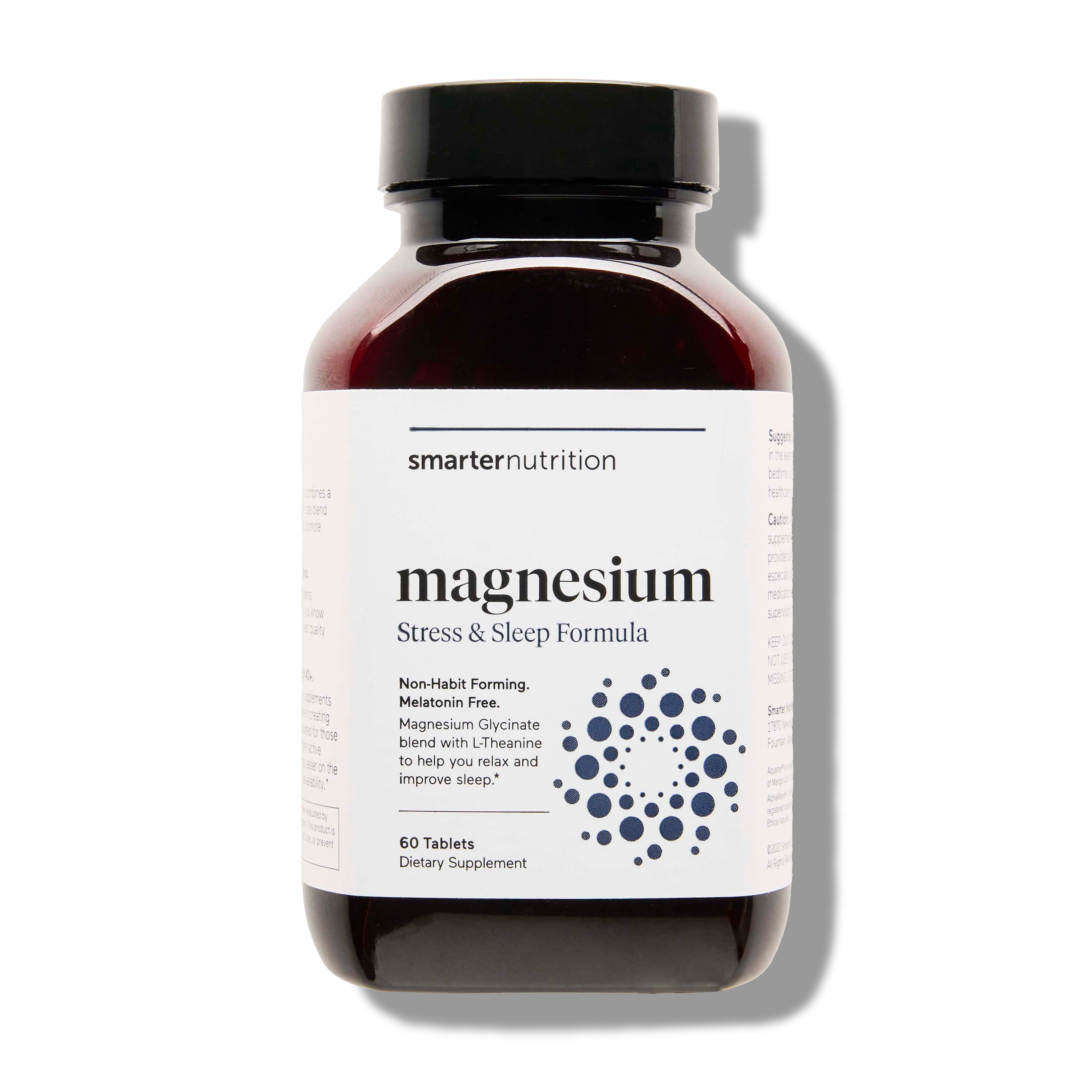Why Running Feels Difficult Some Days and How to Make it Easier
Some days you hit the pavement and everything just feels right. Your stride feels perfect and you feel light as a feather. You may even experience a deep state of euphoria known as a Runner’s High. Then there are days where every move you make feels like an extreme effort and your legs feel like bricks. When you have a goal in mind or simply enjoy physical exercise, these “bad” running days can be especially frustrating.
“We all want the time and effort we invest into a workout to feel like it’s worth it. Having a bad workout happens, but if it’s happening more often than usual, it might be time to take a look at a few of your lifestyle behaviors — specifically, the ones that affect your workouts the most,” said Kim Lowry, sports dietitian at Houston Methodist.
The good news is identifying the lifestyle behaviors that are inhibiting your performance can help you experience more “good” running days in the future.
4 Factors that Affect Your Run

1. Getting Enough Sleep
A good night’s rest is imperative for the body to properly recover. While you’re sleeping, the body releases a heavy amount of growth hormones in order to repair and rebuild your muscles. Muscles must recover in order to have the strength to perform in your next workout. Lowry recommends getting 7 to 9 hours of sleep between workouts; staying up late and getting up early doesn’t give the body enough time to fully recover.
Smarter Sleep is formulated with two primary ingredients: Melatonin and Lactium®, a natural ingredient clinically proven to help you gently manage your emotional state. These ingredients are combined to naturally help you catch more z’s.
2. Eating the Right Food
Food is fuel, and if you’re not getting enough, it could be why you’re running out of gas.
“Your body and brain need energy during a workout. If you’re well-fueled, there’s energy readily available in your blood stream. If you’re not well-fueled, your body is going to need to tap into your energy stores, which takes time,” said Lowry. “This may result in feeling like you can't push yourself as hard as you usually can.”
What to Eat Before Running
Lowry suggests eating a well-balanced meal consisting of complex carbs, colorful veggies, and lean protein 3 to 4 hours before your run. If you run early in the morning, that suggestion might not work for you. For morning runners, you may want to eat some simple carbs like fruit or a granola bar, but if you prefer not to eat until after you’re finished, research suggests that running a relaxed-pace morning run without eating carbs beforehand will not limit your performance. If you run fasted, besure to eat breakfast soon after you finish your run instead.
What Not to Eat Before Running
The body requires energy during digestion, and it can take up to 2 hours for the body to digest fats and complex carbs. When you eat foods that are high in fat or fiber before running, the body takes energy that could have been allocated for exercise and uses it to digest your food instead.

3. Overtraining
Everybody needs a day of rest. While you may think pushing through your sore muscles and fatigue is making you stronger, it can actually have a negative effect on the body.
“After a workout, your body is recovering for up to 24 hours later,” said Lowry. “If you aren’t recovering fully, you’re less likely to get the most out of your muscles — making your workout feel harder and affecting your progress.”
Properly recovering between workouts allows your muscles to loosen, rebuild, repair, and reduce inflammation. Resting doesn’t mean you have to sit on the couch all day. Try stretching, foam rolling, yoga, or taking an Epsom salt bath to soothe and lengthen sore muscles. If you want to exercise, mix in strength training and high-intensity workouts on your days off from running.
4. Always Listen to Your Body
Your mental state can have a huge impact on your body. If you’re tired, don’t be afraid to listen to your body and cater to what it needs that day. Ignoring your body’s signals can negatively affect your runs in the future because you may connect it with an unpleasant feeling.
“If you respond to what the body needs during a workout, it’s much more probable that you’ll achieve the balance of pushing yourself and letting yourself rest that’s necessary in order to maintain a healthy exercise regiment over time,” said Jordana Jacobs, PhD, a New York-based clinical psychologist.

How to Make Running Feel Easier
- Try Intervals: Switching up your run by alternating between sprints and walking can be a great workout, and you can work out for less time. For example, sprint for 30 seconds, walk for 30 seconds; repeat 10 times. “The key is to keep your heart rate up and maintaining the set time of your run so that it doesn't creep over your expected window,” said Krista Stryker, fitness expert, 12-Minute Athlete creator, and author.
- Engage Your Core: Focus on running tall, be light on your feet, and find a rhythm. Activating your abs keeps your energy moving forward by minimizing movement from side-to-side
- Take Time to Warm-Up: Get your blood pumping for 5 to 15 minutes to loosen your muscles and heat up your core. Completing dynamic warm-up exercises like high knee marches can make the first few miles easier for your body to handle and reduce the risk for injury.
- Do Your Best Thinking: Your run might be the only time you get to yourself all day! Enjoy being alone with your thoughts without distractions. You can use this time to think through a problem, mentally assemble your to-do list, or just daydream. This time is yours, enjoy it however you see fit
-
Support Your Body Naturally: Smarter Nutrition formulates their supplements using clean ingredients to nourish the body for optimal health.
- Smarter Joint Food is formulated with whole collagen, MSM, turmeric, CMO, bromelain, vitamin C, and lipase to support normal inflammation and lubrication for aging joints.
- Smarter Curcumin is created with 95% tetrahydrocurcuminoids, the most active form of curcumin available, and black cumin seed oil to help the body absorb it more easily. Curcumin helps support normal inflammation and muscle recovery processes after exercise.
Sources:
-
Holland, Kimberly. “What Exactly Is a Runner’s High?” Healthline. 2020.
https://www.healthline.com/health/runners-high#how-the-body-responds-to-running -
McCallum, Katie. “Why Are Workouts So Hard Some Days?” Houston Methodist. 2021.
https://www.houstonmethodist.org/blog/articles/2021/jan/why-are-workouts-so-hard-some-days/ -
Dikos, Jackie. “To Eat or Not To Eat.” Runner’s World. 2009.
https://www.runnersworld.com/advanced/a20809664/to-eat-or-not-to-eat/ -
Lipidos, Rachel. “Some Days It’s Just Harder to Run—Here’s Why That’s Totally Normal.” Well + Good. 2018.
https://www.wellandgood.com/why-some-days-are-harder-to-run/ -
Winderl, Amy Marturana C.P.T. “16 Simple Ways to Make Running Feel Easier.” Self. 2017.
https://www.self.com/story/16-simple-ways-to-make-running-feel-easier




